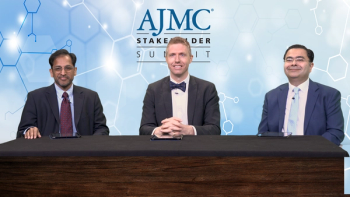
Panelists discuss how the future of PAH treatment looks promising with potential for disease remission through reverse remodeling agents, emphasizing the need for continued research focus on patients with other forms of pulmonary hypertension and those with significant comorbidities.






